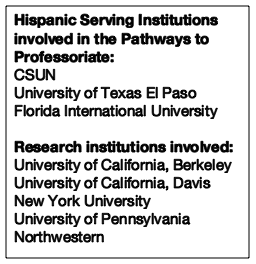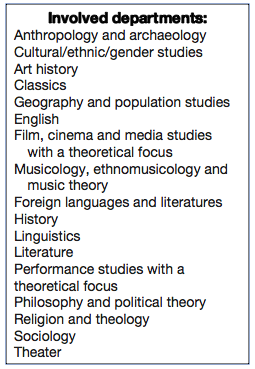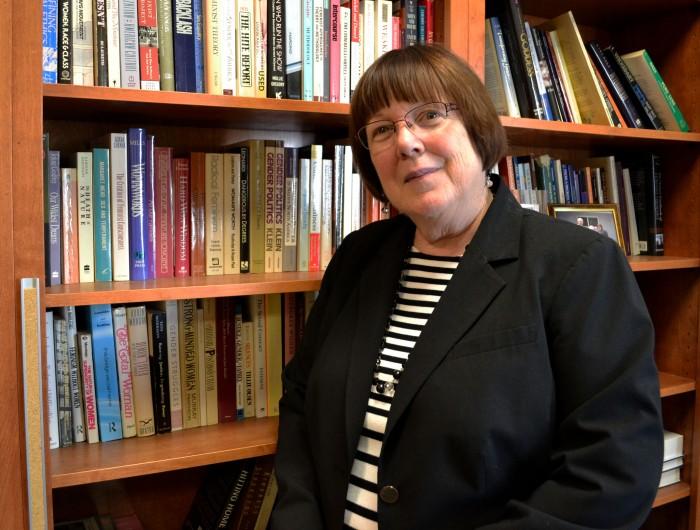CSUN has partnered with the University of Pennsylvania Graduate School of Education’s Center for Minority Serving Institutions (MSIs) in hopes of increasing the number of Latino/a professors in the humanities at colleges and universities across the country.
 University of Pennsylvania’s Pathways to Professoriate, supported by a $5.1 million grant from the Andrew W. Mellon Foundation, is expected to prepare 90 students from three Hispanic Serving Institutions (HSIs) for doctorate programs in order to obtain humanities related professions. Five research institutions are also involved to further provide doctorate-serving platform.
University of Pennsylvania’s Pathways to Professoriate, supported by a $5.1 million grant from the Andrew W. Mellon Foundation, is expected to prepare 90 students from three Hispanic Serving Institutions (HSIs) for doctorate programs in order to obtain humanities related professions. Five research institutions are also involved to further provide doctorate-serving platform.
This program aims to help construct a faculty that reflects the nation’s growing ethnic and cultural diversity. According to Pew Research Center, Latinos/as make up 17.4 percent of the country’s population. In contrast, only 4 percent of the same population obtain a professoriate.
“This is an attempt to change the pipeline, and it is a long process,” said Dean of Humanities Elizabeth A. Say. “You don’t just change the professoriate tomorrow. You have to build it.”
Say explained that both professors, who will be set as mentors, and students will be chosen from 17 departments in the humanities. 
“We look very much forward to be part of the decision-making process,” said Gabriel Gutiérrez, professor and chair of the Chicano/a Studies Department. “It is important to be directly involved as a department in this process, something the faculty in this department has already been doing.”
Say also said that the mentors will be chosen by the end of April. Three mentors of each participating HSI will then be sent to the Penn Center over the summer to decide how the process of selecting students, expected to begin this fall, will occur. It has been noted that students selected must be in their junior year.
“It is important for more people to make a profession out of humanities,” said Stephanie Gonzalez, a junior majoring in Chicano/a Studies. “Humanities helps strengthen our ability to communicate and work with others, ultimately leading us to a better understanding of the world.”






